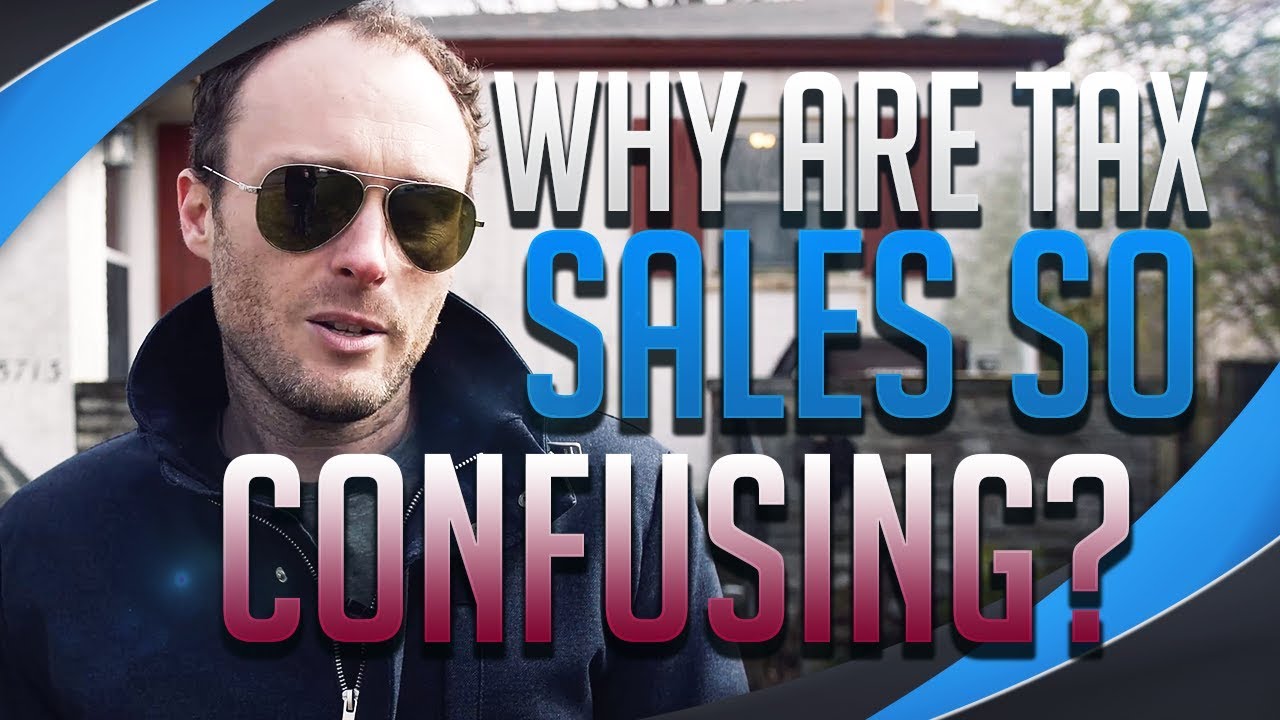Last Updated on October 23, 2025
Table of contents
Why Are Tax Lien/Deed Sales So Confusing?
Many investors feel overwhelmed by tax liens and deeds. I’ve been in this business for over two decades, and even seasoned investors sometimes get tripped up by the rules and terminology. In the video, I promised to share “tricks of the trade” and show you that there’s nothing mysterious about tax sales. This blog post captures my key insights and adds research to help you cut through the confusion.
Why do people feel confused about tax lien/deed?
- Names that sound alike – A tax lien certificate allows you to collect unpaid taxes plus interest from the property owner, while a tax deed sale transfers ownership of the actual property. Mixing these up can lead to costly mistakes.
- Different state rules – Not every state has tax deed sales; some allow only liens, and some offer both. Redemption periods and interest rates differ, so you must know your local laws.
- Complex procedures – You need to research, do title searches, track redemption deadlines and follow bidding rules. Without a clear plan, it’s easy to feel lost.
- False expectations – Many believe buying a tax lien means owning the property. In reality, you profit from interest payments most of the time.
Tax Lien vs. Tax Deed: My Guide
| Aspect | Tax Lien Certificate | Tax Deed |
| What you buy | A claim on the unpaid taxes and interest | The property itself at auction |
| Your role | You’re like a lender; the owner must repay you plus interest | You become the owner, subject to redemption rights |
| Where allowed | Most states sell liens; some states only do liens | Not every state sells deeds |
| Risk | Lower – you’re mainly earning interest | Higher – you take on the property’s issues |
| Reward | Interest can range from 4% to 36% | Potentially huge if you buy the property far below market |
Tax Lien/Deed Tricks of the Trade
Use proven strategies rather than gamble. These are the practices I rely on:
- Study your local laws
Check whether your county sells liens, deeds or both, and learn redemption periods and bidding requirements. I always confirm how auctions are advertised (local papers or online notices).
- Do real due diligence
Before bidding, decide if you want residential, commercial or vacant land. Then check property values, conditions and any other liens. I always look up the parcel number and read county assessments.
- Measure risk vs. reward
Divide the lien amount by the property’s market value to gauge risk. A high ratio means more danger.
- Inspect properties
Never bid blind. Drive by, if possible, or study recent photos. Avoid properties with big environmental or structural problems.
- Build a team
I work with a real estate attorney who handles title searches and paperwork. There are also reputable list providers and institutional investors to help you find leads.
- Prepare for auctions
Contact the county treasurer, register in advance and understand payment methods. I’ve seen too many newbies miss deadlines because they didn’t read the rules.
Steps I Follow to Make Tax Lien/Deed Less Confusing
Even after years of doing this, I rely on a simple checklist:
- Set your goal – Decide if you want interest income (tax liens) or the chance to own property (tax deeds).
- Learn your state’s system – Confirm whether liens, deeds or both are sold.
- Educate yourself – Read county statutes, take courses and watch videos.
- Get official lists – Use official government sources for properties up for sale. Don’t trust random list sellers.
- Order a title search – Find out if there are other liens or problems.
- Evaluate property condition – Look at photos or drive by before you bid.
- Set a budget – Choose your maximum interest rate (for liens) or purchase price (for deeds) and stick to it.
- Bid strategically – For liens, you may bid down the interest rate; for deeds, you bid up the price. Stay disciplined.
- Follow post‑purchase steps – If you buy a lien, send required notices and track redemption deadlines. For deeds, record the deed and resolve title issues.
- Plan your exit – If the owner redeems, collect your interest and move on. If not, proceed with foreclosure or deed application.
Frequently Asked Questions
It’s a legal claim for unpaid property taxes. When a property owner falls behind, the county sells a tax lien certificate to investors. The owner must repay the taxes plus interest before the lien is cleared.
The county auctions off the entire property, and the highest bidder gets ownership. Some states allow the former owner a short redemption period to pay back taxes and reclaim the property.
No. Some states only offer liens, some only deeds, and others offer both. Always verify with your local statutes.
Interest rates vary widely (4%–36%), and your return depends on competition and whether the owner redeems.
Buying a lien on a property that’s worth less than the lien amount, or one with expensive environmental or structural issues. Additionally, state rules can be complex.
Tax lien and deed investing can feel like a maze, but with the right knowledge and a clear plan, you can navigate it successfully. I’ve made mistakes along the way, and that’s why I share my experiences to help you avoid the same pitfalls. Follow these guidelines, keep learning, and don’t hesitate to reach out if you need guidance.
Let Us Help You
If you’re currently struggling with anything related to tax sale investing, don’t hesitate to reach out. We’re here to answer your questions and provide support. Shoot us an email or give us a call today.
Let’s overcome the confusion and start building a brighter future together!
-Dustin
PS: Check out the VLOG above to dive deeper into today’s tips and tricks!






